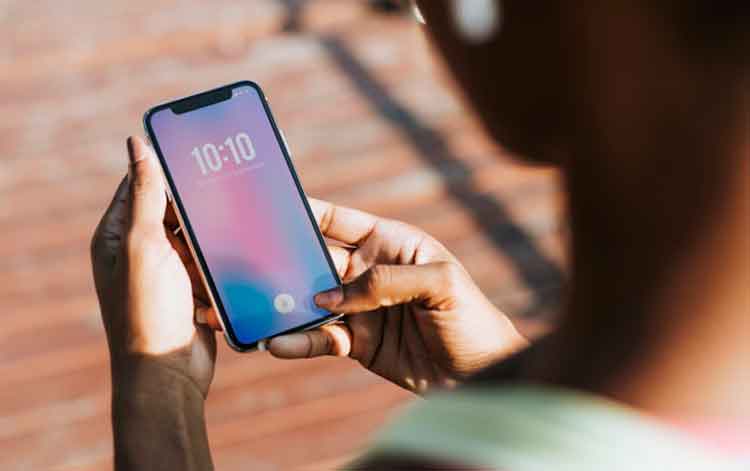Most people are actually paying for more minutes than what they actually need when it comes to their cell phone plans. According to the laweekly.com/energytods-smartdots-review-emf-protection-for-cell-phones are buying more than that what they actually use.
According to the study, cell phone users paid for about 791 minutes each month. In reality however, these same users only used 477 minutes per month on average.
Essentially, many people are throwing away money that they could really be put towards something else and as is much of the case when people are buying a cell phone and cell phone plan they are not making the smartest decisions; they, instead are buying based on what is popular or what is new.

However, to be paying for an average of more than 200 minutes each month seems ridiculous. Even if there was an emergency, that is not a legitimate enough excuse to purchase hundreds of extra minutes. There is no point and it is a complete waste once the month is up and you cannot use the minutes anymore.
So, in order to pick a plan that works for you and saves you money, you may want to consider the following tips.
First off, begin tracking your monthly usage. That statement you receive in the mail or online each month not only includes the amount of money you owe the cell phone company, but also a detailed listing of your incoming and outgoing calls as well as a tally of the total minutes you used.
Some companies such as Verizon no longer show detailed lists of your calls. However, that information is available by request and you have a right to access that information as a consumer. So, don’t be afraid to ask or dig around.
The only reason information like that is not readily available is because it makes it that much easier for you the consumer to not be critical of your bill. Instead, you end up passively receiving your mail and writing out and sending off a check to the cell phone company.
Once you have decided the average number of minutes you use, evaluate whether your current plan includes a sufficient amount of minutes or whether there are too many minutes in your plan.
If there are too many minutes, you may want to consider changing your plan to a cheaper package that includes only what you need. Before you actually make that jump however, you need to inquire about any penalty fees for ending your current plan. If you are not under any contract terms, then you are most likely okay. However, many users sign two-year agreements and if you end the service before that term is up, you may not get your security deposit back or you may incur extra charges.
So, figure out what you would save if you left the plan immediately and incurred a penalty fee and also what you would be overpaying (in minutes) if you just stuck out the plan until your contract expires (and then changed the plan). If your plan is nearly up, you might as well just tough it out and wait for the expiration rather than incur additional separate costs.
In addition, you may want to look into other cell phone carriers once you decide to the cut the chord with your current carrier. For example, Cingular Wireless offers “rollover” minutes, which is great if your minute usage tends to fluctuate from month to month (meaning you talk little one month and talk a lot the following month). Before signing onto that phone plan, make sure you ask about rollover minutes expiring as in some plans they do expire.
If you don’t want to be tied to any sort of contract, look into Virgin Mobile which offers the ability to pay by the minute or pay by the month depending on what would work best for you. Remember, most cell phone companies are banking on you being a passive shopper and not really knowing what you want. However, if you do the research and know clearly and exactly what you need from a cell phone plan, you will be sure to get the most out of your money.











 Get Instagram Followers
Get Instagram Followers